
At a security exhibition in Morocco tech companies pushed to convince African officials that their state-of-the-art surveillance tools are the key to stability and development.
The ASEC Expo in Rabat, billed by organisers as the first of its kind on the continent, last week brought together firms from across the world looking to conquer new markets in a region marked by rapid urbanisation and economic growth.
And while Europe has slapped restrictions on an industry eyed with suspicion by many due to civil liberty concerns, African countries with lax legislation make tempting partners.
Chinese communications giant Huawei had a large presence at the event, hyping the success of networks already installed in the capitals of Kenya, Cameroon, Mali and the Ivory Coast.
"When a crime has been committed, thanks to the cameras, we work magic," said Ghanian security minister Albert Kan-Dapaah in a promotional clip for the company.
"My command centre is the envy of many of my colleagues."
Huawei has already equipped more than 700 cities in 100 countries, including more than 25 in Africa, according to the state-run Xinhua news agency.
But the firm is in the spotlight over concerns it could give Beijing a backdoor into sensitive communications and infrastructure, with the United States and Australia to ban its equipment from their future 5G networks.
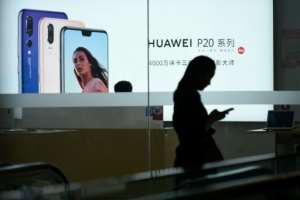 Chinese communications giant Huawei has already equipped more than 700 cities in 100 countries, including more than 25 in Africa, according to the state-run Xinhua news agency. By WANG ZHAO (AFP/File)
Chinese communications giant Huawei has already equipped more than 700 cities in 100 countries, including more than 25 in Africa, according to the state-run Xinhua news agency. By WANG ZHAO (AFP/File) Just a dozen companies run the booming global video surveillance market, a $30 billion industry as of 2017 which research firm Stratistics MRC has forecasted will have double digit growth over the next few years.
A representative of South Korea's Hanwha Group said the African market was "very strong... because there is a lot of opportunity for us to supply our products".
"We had a lot of sales last year and this year," particularly in Egypt and South Africa, Yoonboom Choi said.
European concerns
The new high-tech command centres of "safe cities" are capable of instantly detecting anything from everyday crimes and accidents to natural disasters and civil unrest -- and to trigger quick responses.
With big data and artificial intelligence, crowds are no longer anonymous.
Facial recognition algorithms coupled with troves of readily available data online can pinpoint the identity of anyone who passes by a surveillance feed.
Vehicles can be identified by their number plates, and ultra-high tech software can even detect human emotions and predict behaviour.
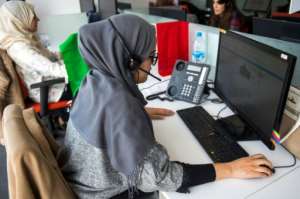 Morocco has shown a strong interest in new far-reaching technologies. By FADEL SENNA (AFP/File)
Morocco has shown a strong interest in new far-reaching technologies. By FADEL SENNA (AFP/File) "We can establish anyone's identity without knowing him -- his first and last name, academic background... his family, what he prefers, where he travels," Huawei regional representative Chakib Achour said.
These data sets are useful to police pursuing criminals and to companies looking for potential customers, advocates say.
But the risk of mass surveillance has sparked concerns among civil liberties advocates.
Authoritarian regimes across Africa are frequently accused of violating rights to stamp out opposition.
In its annual report for 2019 Human Rights Watch singled out Egypt for using counterterrorism measures and security concerns "as a guise to crush all forms of dissent".
Fears over surveillance spurred the European Union in 2018 into enacting a strict new General Data Protection Regulation (GDPR).
Europe now has restrictions on "technology that could be developed in the Middle East or Africa", said Francois Levy, regional director of Brazilian software company Digifort.
'Citizen security'
Morocco, which organised the exhibition, says it needs a strong security policy to fight terrorism and has shown a strong interest in the far-reaching technologies.
"Citizen security has always been the focal point" of Morocco's city planning and "underlies the great project of urban renewal that we continue to lead", said head of Rabat city council Mohamed Sadiki during a visit to the expo.
Marrakesh is working on an app that would allow citizens and tourists alike to "place emergency calls" and send in tips, boasts regional security official Moulay El Hafid Zimirly in a Huawei-sponsored clip.
In its commercial material, Huawei openly pushes the "example" set by China, "where all police stations have their own video surveillance unit".
The company offers authorities the chance to tap into troves of images taken in taxis, airports, and stadiums, as well as images taken by ordinary citizens with their mobile phones.
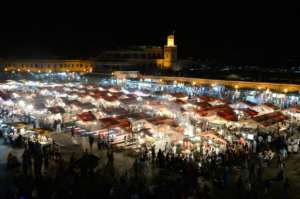 Marrakesh is working on an app that would allow citizens and tourists alike to "place emergency calls" and send in tips. By FADEL SENNA (AFP/File)
Marrakesh is working on an app that would allow citizens and tourists alike to "place emergency calls" and send in tips. By FADEL SENNA (AFP/File) In its 2019 global report Human Rights Watch detailed how the Chinese government at home increasingly uses mass surveillance to "tighten control over society", including through the widespread collection of biometric details including DNA and voice samples.
"All of these systems are being deployed without effective privacy protections in law or in practice, and often people are unaware that their data is being gathered, or how it is used or stored," the report said.
For Africa, adopting the technology on offer would open up a major pool of data -- but also questions.
By 2020 more than one out of every two people on the continent will have a smartphone, according to a 2018 study published by Deloitte.
Read Full Story
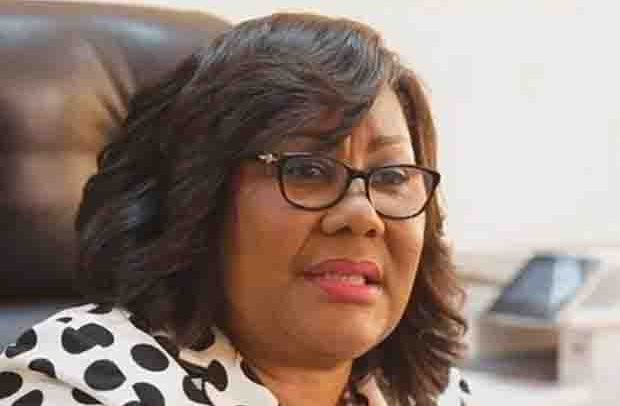
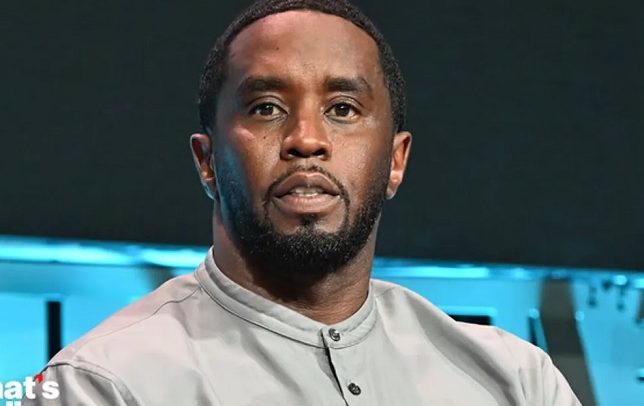
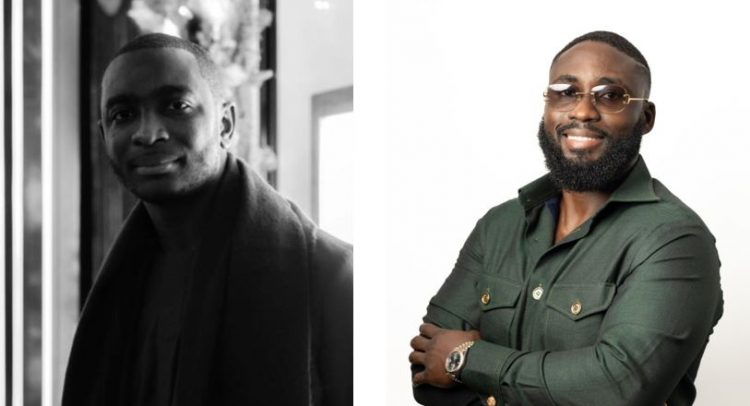



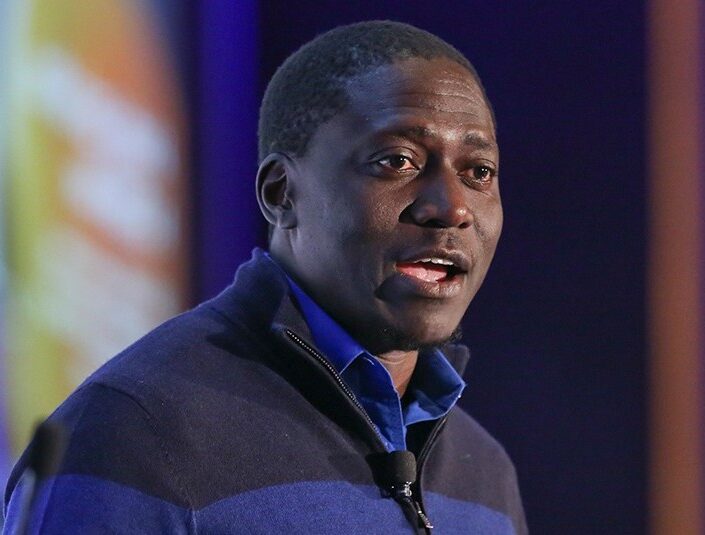








Facebook
Twitter
Pinterest
Instagram
Google+
YouTube
LinkedIn
RSS